Mamadou Diop
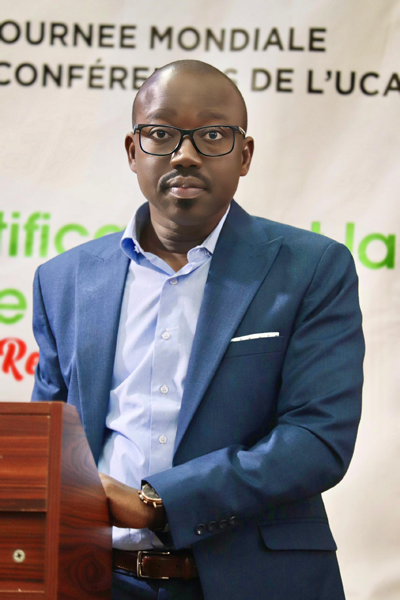
Mamadou Diop is a lecturer and researcher at the Institute of Environmental Sciences at Cheikh Anta Diop University in Dakar, Senegal. Mamadou teaches on a number of subjects, including environmental sociology, participatory management of natural resource conflicts, sustainable management of forest ecosystems and participatory action research. As well as supervising students’ research work, Mamadou organizes seminars at which practitioners from government, civil society, local authorities and local communities come to share their knowledge with the students.
Background
Before becoming an academic, Mamadou worked at the Senegalese Ministry of the Environment and at IED Afrique on the implementation of several projects and programs in rural areas, focusing on the fight against desertification, the sustainable management of natural resources, the governance of protected areas, on how economic development in semi-arid regions can be made more equitable and more resilient to climate change, the resilience of local development, the regreening of agricultural land by communities, etc.
Mamadou has a PhD in Environmental Sciences and a postgraduate diploma in Sociology from Cheikh Anta Diop University. He also has a master’s degree in decentralization and local development from the National School of Applied Economics and two training certificates in gender, including one from the University of East Anglia of Norwich. He is a member of the Research Unit on the Environment and Natural Ecosystems (URENE) and of several national and international associations and organizations.
He currently teaches at two other Senegalese universities and at Senghor University in Alexandria, Egypt.
Research interests
- socio-cultural and institutional dimensions of the management of natural forest resources
- conflicts linked to the management of natural resources
- ecosystem services
- adaptation to climate change at different scales, particularly in Senegal’s semi-arid lands
- adaptation to climate change in private-sector with a focus in gender (women entrepreneurs)
- endogenous knowledge and climate change in communities,
- local adaptation strategies, etc.
Research
Research - 2025
This paper explores how female representation in the ownership or management structures of micro and small businesses shapes firm-level adaptive capacity, as implied through adaptation behaviour. Read more
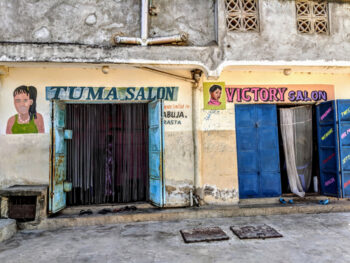
Research - 2022
The authors of this paper conduct a systematic review to synthesize existing knowledge on differential vulnerability of female entrepreneurs in Africa to climate risk, in relation to their sensitivity to extreme climate events and their adaptive capacity. Read more
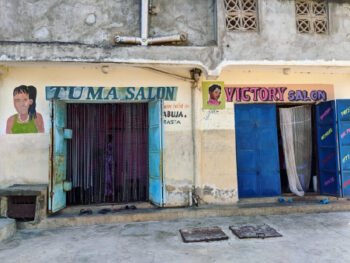
Research - 2020
Globally, semi-arid lands (SALs) are home to approximately one billion people, including some of the poorest and least food secure.... Read more

Research - 2018
Abstract The private sector is increasingly recognized as having important potential to help society adapt and become more resilient to... Read more

Policy
Policy - 2023
This policy brief draws on research undertaken in Laikipia County in central Kenya to underscore the challenges faced by female entrepreneurs in Africa in the face of climate change and how policy can support them to build strong, climate-resilient businesses across Sub-Saharan Africa and beyond. Read more
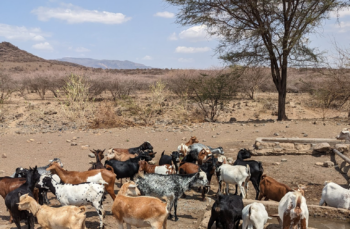
Policy - 2022
This report [in French] is the result of research conducted in the semi-arid Kaolack region of Senegal, as part of the Women Entrepreneurs in Climate Change Adaptation (WECCA) project. Read more
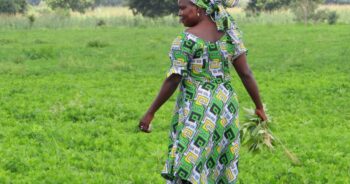
Policy - 2018
This is the French translation of the PRISE [PRESA] policy brief 'Supporting private adaptation to climate change in semi-arid lands in developing countries', published in June 2018. Read more

Policy - 2017
Although research on climate change adaptation has been conducted on households and communities, particularly in Senegal’s semi-arid lands (SALs), very... Read more


